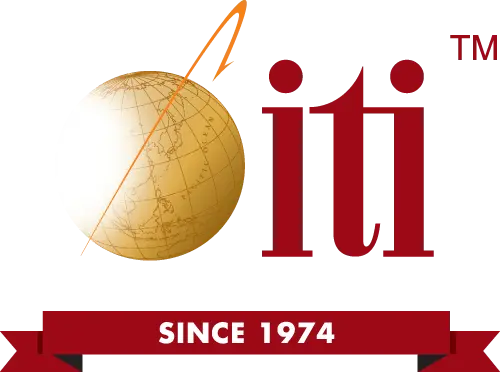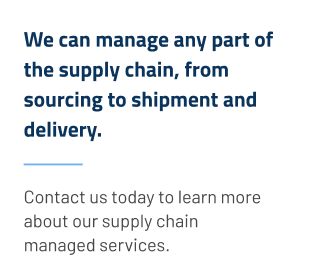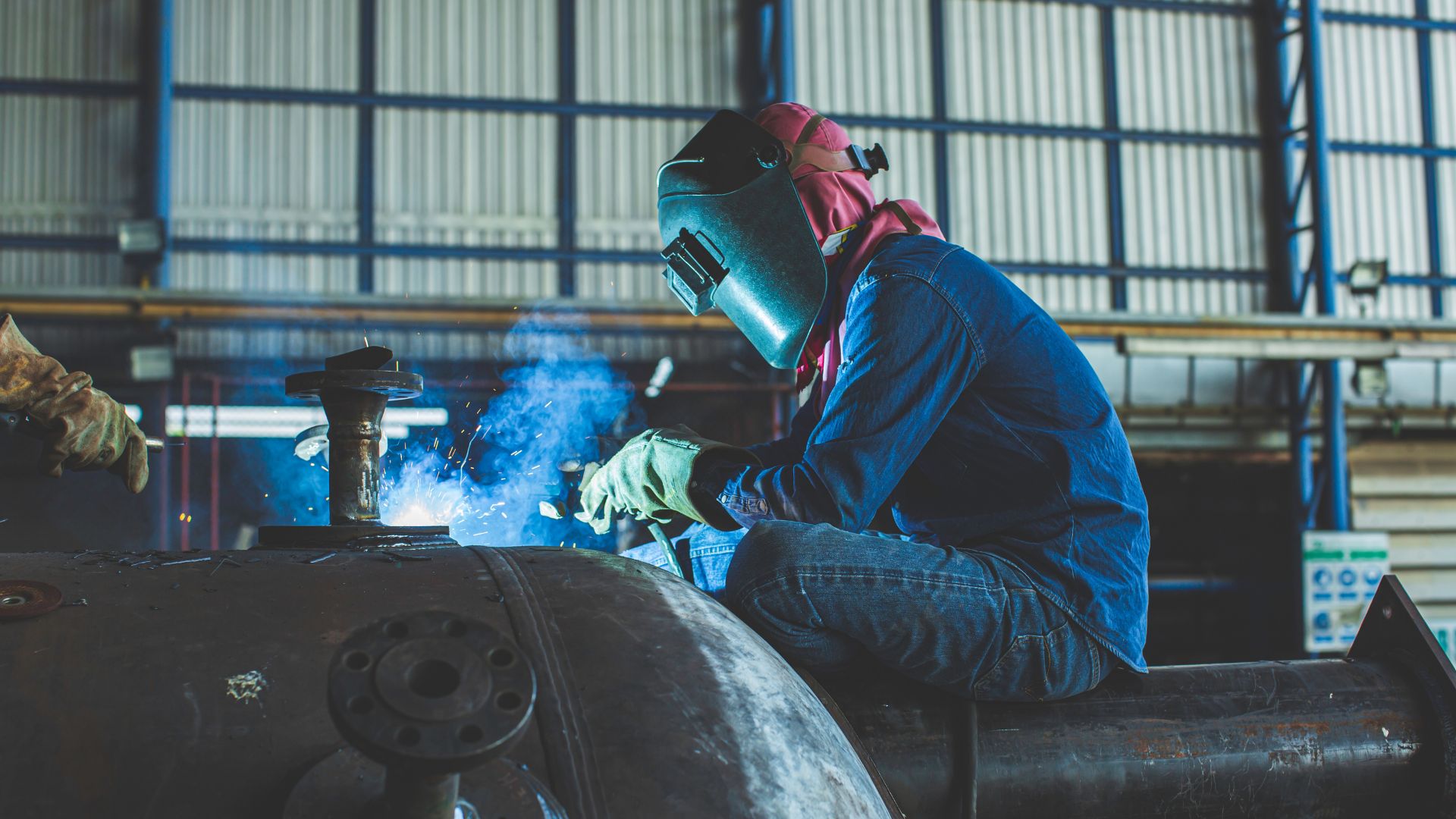Is your US manufacturing company still wondering how to best talk about your product with a Chinese factory? If so, you’re not alone. Explaining your product manufacturing needs to a Chinese factory in order to select a reliable manufacturer can be quite challenging. And ensuring that you’ve discussed all the relevant details can be even more of a difficult task. There’s a lot more to consider than the factory’s location and the items you see in their sample room.
Chinese manufacturers should be both reputable and reliable, and you must have your product and expectations outlined clearly. This blog will discuss how to best think about overseas manufacturing and the detail you must share with the factory. You’ll also discover how to tell if the factory is well qualified to produce your product.
Handling Legal Matters
Though we’re not attorneys, we understand that before you begin working with a Chinese factory, there are first things first. Namely, you must have an agreement in place between you and the China manufacturer that protects your intellectual property (IP). If you’re doing it yourself, we highly recommend you engage a competent attorney familiar with Chinese law.
Also, regarding tariffs, we strongly suggest that you know exactly what the additional duty will be on your product. This is assuming you’re importing your product into the US. Furthermore, know that the recent duty increases are IN ADDITION to the duty percentages that were on the books prior to the increases. The factory will not know. It is your responsibility to know. There are many sources on the web with this information. However, if you cannot find it, ITI Manufacturing is here to help. Contact us if you need to know if your product will be or already is on a higher duty rates list. Our phone number is also listed below for your convenience.
Beginning With the End in Mind
That’s not just the second habit from The 7 Habits of Highly Effective People by the Steven Covey. It’s a good starting point when considering a China factory. So, what is the “end” you have in mind? Write it out in detail. Consider the quantities you will need. In this, you’ll want to ensure quotes on the quantity, your per-shipment quantity, average monthly quantity, and total annual quantity.

To begin with the end, you must consider various questions. Such as… Is your product seasonal? What are the quantity and timing fluctuations of the shipments you anticipate? What size factory do you need? Is it a manufacturer whose throughput capacity is not used for their current seasonal customers? What materials are used in the manufacture of your product? Which finish or treatment do you need, such as a cold-crack inhibitor or UV protection? Is manufacturing expertise necessary to have in order for the factory to make your product? What kinds of experience and expertise must your chosen factory have?
If you’re not sure of these concerns and don’t know, it’s best to find out prior to interviewing factories. Also, describe your product and how is it used. If you think this is too obvious, try writing down the answer to that question in such a way that someone who has never seen it before would understand.
Considering Product Packaging
Will your product be sold at retail or on the web? Is your product industrial? How you plan to package the product is very important. Can it be shipped in bulk with minimum protection? Does your product need its own 6-sided, litho-printed retail box with an internal custom cardboard form? What about clamshell or blister pack? You must be sure of all of this and, ideally, have a sample along with the artwork die line file. Also, be sure to put your artwork file in the most common graphics format in China: Adobe Illustrator (AE). Have a “composite” file with files for each component that makes up the artwork, in AE and high-resolution .pdf format.

Shipping Cartons
If you’re selling to a major retailer or online store, you’ll be required to label shipping cartons in a particular manner. You must be crystal clear with the details here, as getting this wrong will cost you dollars. Be sure the factory prints the barcodes correctly. Ask for a sample and scan it yourself, or take it to any retail store and scan it to confirm. If the resulting scan reads “item not found” it’s a success. You may need to consider packaging that will pass a “3-corner drop test” and still protect the product. However, this will depend on the product and your customers’ requirements. This kind of shipping is common if your item will be sold via a web-based outlet.
Communicating Your Product Expectations
You will also need to write up all manufacturing challenges you have faced in the past as well as a written, detailed “watch-for” list for your product. Document how you will test the approval sample and samples out of each shipment after they arrive. Detail this and discuss those details with the factory. If the factory must construct a testing device or routine of some kind to properly test production, so be it. Just be sure they do. This step can be a little tedious but it’s worth its weight in gold. This detail is very important as it allows the factory to know what they’re getting into. With your clear communication and detail, factories will also know how they should inspect the item (and what you expect). However, if you present these details after you’ve received the initial quote, significant price increases may follow as a result.
Ensuring Production Timeframes
Production timeframes are equally important. However, the most critical timeframe is between the time the factory receives your PO to the time the shipment leaves the factory to port. From there, it’s literally out of your hands. However, for a good estimate on a delivery timeframe, think 40 days. You’ll need to add 5 days and then 35 more days’ average for delivery anywhere in the US. West coast destinations are typically shorter, around 16 days. Ultimately, no matter where your shipments will be delivered, be sure to discuss it with your freight forwarder. As such, this helps you know what to expect.

Confirming If the Factory Is “Auditable”
While not an absolute requirement for every product, an auditable factory is one that has passed an audit. Fortunately, these audits are conducted by major retailers like Target, Costco, or Home Depot. Your customer may demand an “auditable” factory. If so, you must ensure the factory you’re speaking with can pass, has previously passed, or is willing and able to pass the inevitable audit. You’ll need to clarify this during the first discussions with your chosen factory. The longer you wait, the worse it’ll be if you need an auditable factory and the one you’re working with isn’t auditable.
Questioning If the Supplier Has a Proven Reliability Status
Hopefully, you are not blindly choosing a factory from the web. While many factories that advertise on factory sites are very good, you can never be sure. The person you may be dealing with could be a 3rd party that is not directly affiliated with a factory. If this is the case, most times it will cost you an additional commission for a simple referral. Unfortunately, many US business owners learn that these kinds of derailments are not always easy to avoid. If you should find the Chinese manufacturer you’re looking for, be sure to confirm that you’re actually speaking with that company.
However, there are no guarantees when you’re going it alone. There is only one way to be 100% certain of a factory’s ability to manufacture your product to your specifications. That way is for your company to work through a liaison company like ITI Manufacturing. Working with a professional manufacturing liaison company also helps ensure that production is GUARANTEED to be free of manufacturing defects.

Getting Professional Help with Your Product Manufacturing
ITI Manufacturing was one of the first 40 companies invited to do business in China during the Nixon administration in the mid-70’s. We have been managing the manufacturing supply chains in China for our US-based customers ever since. We manage the complete supply chain from raw materials to delivery to final USA destination or foreign port and GUARANTEE no manufacturing defects in any shipment.
Call today and let us ensure your product is made right, in the right factory, for the right price.
Connect with us by phone at 281-242-7030. Ask the questions you need to ask. Discover what you need to know before making a costly mistake.






